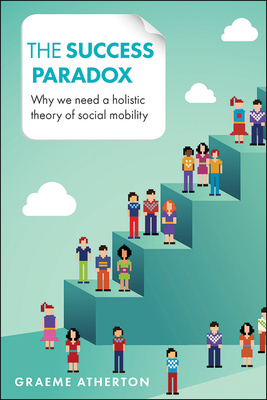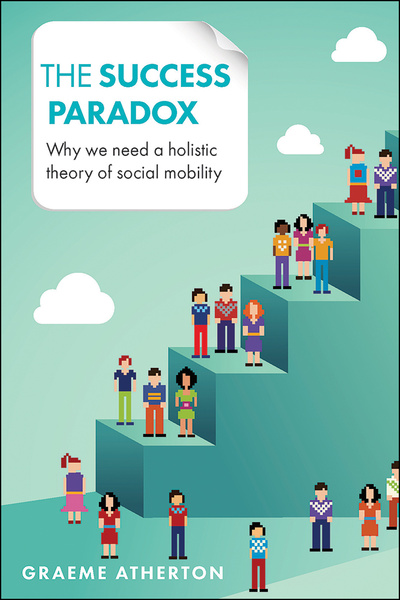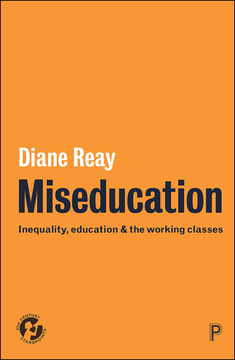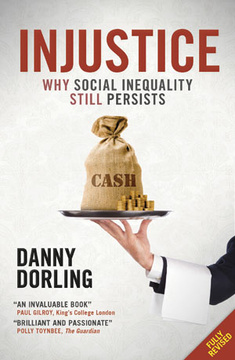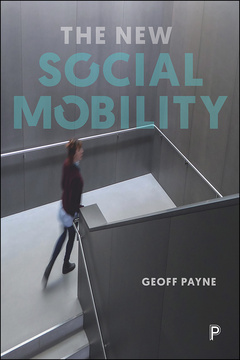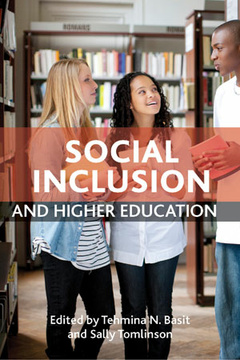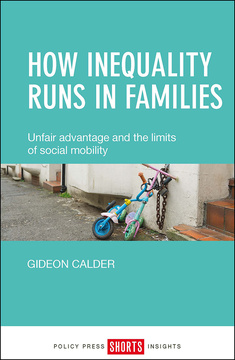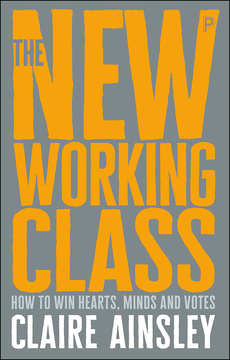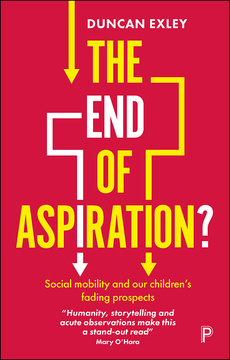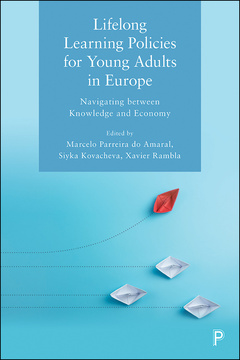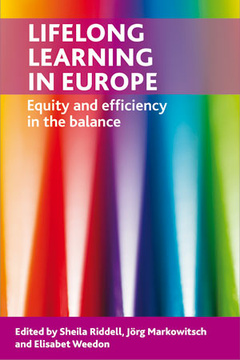Published
Jul 5, 2017Page count
220 pagesISBN
978-1447316343Dimensions
234 x 156 mmImprint
Policy PressPublished
Jan 27, 2016Page count
220 pagesISBN
978-1447316336Dimensions
234 x 156 mmImprint
Policy PressPublished
Jan 27, 2016Page count
220 pagesISBN
978-1447322139Imprint
Policy PressPublished
Jan 27, 2016Page count
220 pagesISBN
978-1447322146Imprint
Policy PressSocial mobility needs a re-boot. The narrow, economistic way of measuring it favoured by politicians and academics is unsustainable and is contributing to rising inequality.
This timely book provides an alternative, original vision of social mobility and a route-map to achieving it. It examines how the term ‘social mobility’ structures what success means and the impact that has on society. Providing a new holistic approach that encompasses education, the economy and politics, Atherton recasts the relationship with employers, embracing radical opportunities provided by technology and rethinking what higher education means. He also goes beyond employment to incorporate progress in non-work areas of life.
Based on the need to improve well-being, not just income or occupation, the book addresses one of the key issues facing 21st century society in a new way and provides valuable insights for policymakers and academics.
"A useful and thought-provoking contribution to current debates on the notion of success that is engaging and accessible." Sheila Riddell, University of Edinburgh
Graeme Atherton has been working in access to higher education and social mobility for nearly 20 years. He has led regional, national and international initiatives to increase opportunity in higher education. He is a frequent commentator on social mobility and education in the UK and internationally. As Chair of the World Congress on Access to Post-Secondary Education he is leading a global movement to open up opportunity to benefit from education for learners over the life course across the world.
Introduction;
Why we need a new theory of social mobility;
Rising, Falling or staying the same? The academic discourse on social mobility;
Unpicking the political consensus on social mobility;
Breaking the Attainment Addiction;
Unbundling, diversification and ecological: New models for Higher Education;
Hourglass, molecule or pyramid? Social mobility and the labour market;
Social Mobility, well-being and class;
A new politics for social mobility;
Conclusions: Re-framing social mobility.







